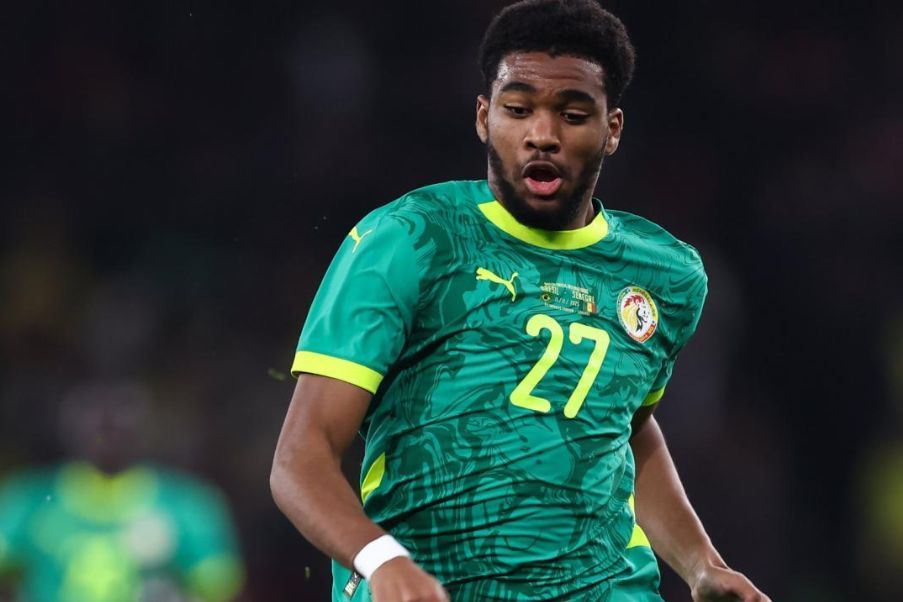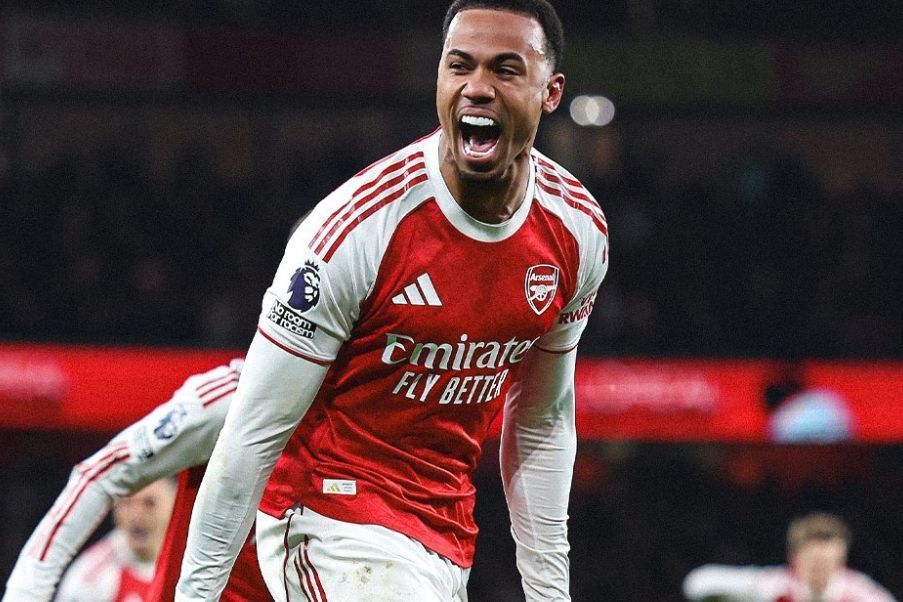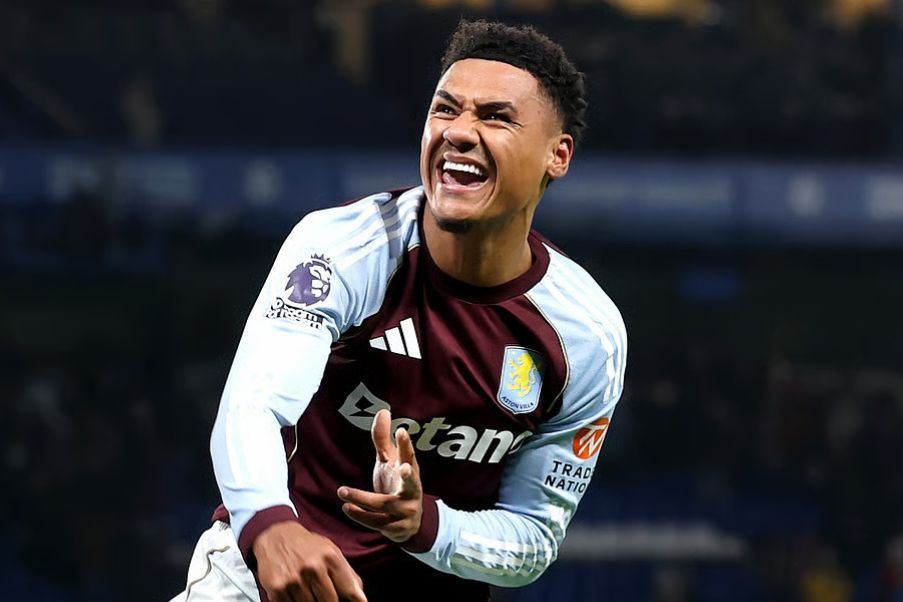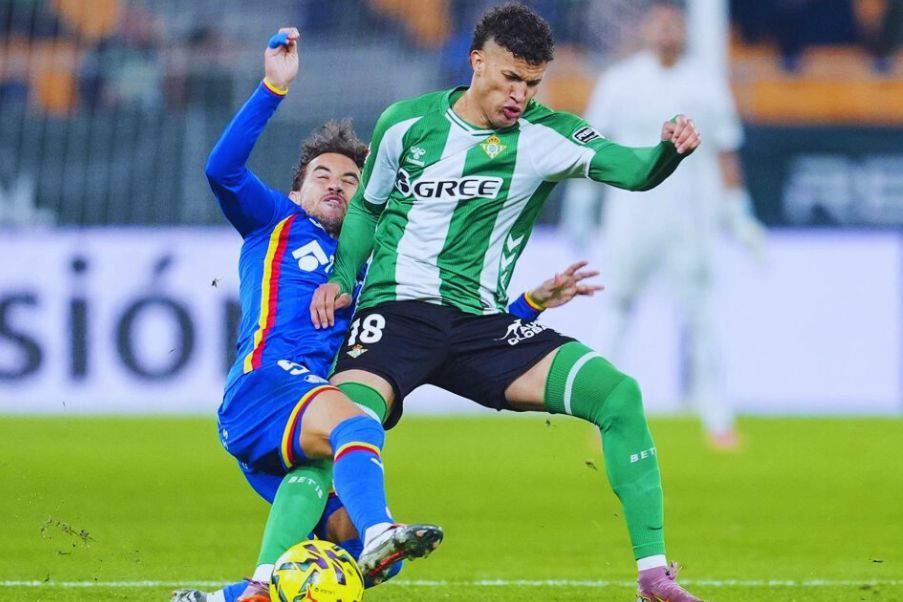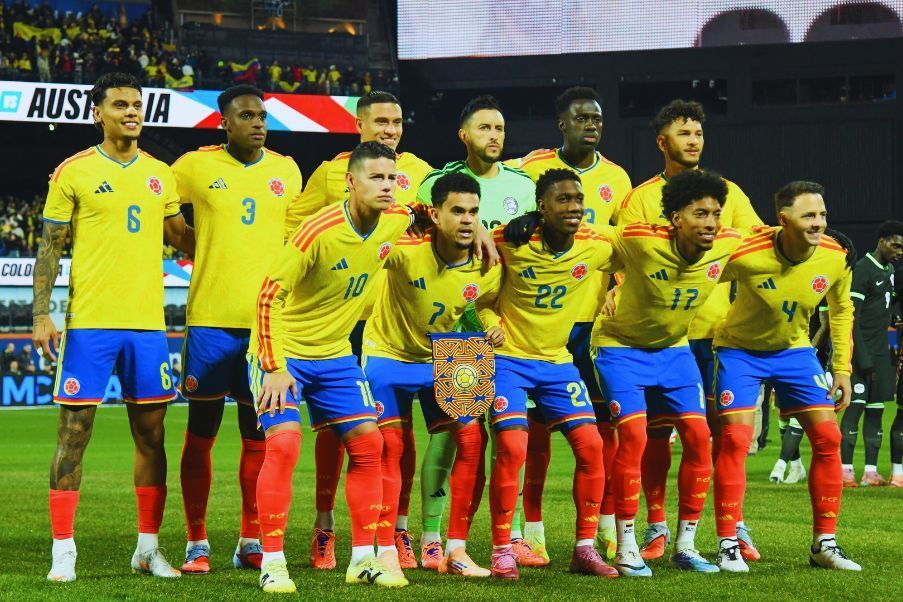Exclusive interview with the CAF Secretary, Veron Mosengo-Omba
The Secretary speak with us about African football, its development, the upcoming Qatar World Cup, FIFA's proposal to hold the top tournament every two years and more
The GS position was proposed to me by the newly elected Dr Patrice Motsepe after his election Véron Mosengo-Omba, who was the Chief Officer of the FIFA member federations (MAs), to take over the position of CAF General Secretary. His goal was to help the new president Motsepe in the difficult work he had undertaken to improve the CAF and consequently to help African football at the administrative level. An important advantage is that Mr. Mosengo-Omba is a lawyer and knows very well all the issues in question.
Mr. Mosengo-Omba, who has worked for FIFA since 2016 as Director of Regional Associations for Africa and the Caribbean, had extensive experience, and shortly after becoming Chief Officer, he became a leader.
So he had no problem adjusting to his new position, as he soon showed and shows his abilities. Hailing from the Democratic Republic of the Congo, Mosengo-Omba was instrumental in supporting the 54 African MAs in their FIFA Forward projects, in the development of youth and women's soccer across the continent, and in the recent implementation of the FIFA Covid-19 Plan. Help. He soon became Secretary-General of the African Confederation.
Manos Staramopoulos spoke exclusively with Veron Mosengo- Omba about African football, its development, the upcoming Qatar World Cup, FIFA's proposal to hold the top tournament every two years.
The 33rd African Cup of Nations that found Senegal the winner and everything about the Black Epirus…
1. We saw the 33rd African Cup of Nations develop into an impressive event, worthy of the European Championship…
"There is no doubt that the TotalEnergies Africa Cup of Nations is amongst the top 4 football events in the world. It is an exciting property - and the numbers back that. The opening match was watched in over 150 countries - this is clear demonstration of the appetite for African football globally.
The AFCON showcases some of the best footballers - Mane, Salah, Mendy - the list is long. It is a global event watched all over the world.
AFCON media rights were in high demand in Africa, Europe, Asia, Middle East, South America and Oceana. We grew sponsors/commercial partners base welcoming two new partners and also three local partners. The media exposure runs at over 1.5 billion (people). These are just preliminary numbers. We will release a more comprehensive report in due course. "
2. How did you deal with the coronary heart disease pandemic?
"We had some of the best medical protocols in place – from the testing of players, the medical assessment of players and return to play procedure and process. Leading to AFCON, we spent a great deal of time training medical doctors on different topics and exchanging knowledge in particular to coronary heart diseases.
We had regular Covid19 testing for players – all conducted by an international laboratory. When a player tests positive, we had a clear procedure: isolate, test again, if negative, you must be subjected to another medical check-up in five days which will include coronary heart disease. "
3. Why do the European clubs not take this event very seriously? Is it because it takes place in the middle of the season?
"I don’t think all European clubs don’t take AFCON seriously, on the contrary. Some of them might be reluctant to release their African players simply because they see they see and realize the impact the absence of these players will have in their own competitions.
But you had some voices, like Patrick Viera, who came out to explain the importance of this. CAF just want to do what is in the interest of African football. We want to grow; we want to develop and be more competitive. "
4. For example, could a player from a European team ever tell a French or German footballer that it is better not to go and strengthen your national team because we have big and difficult obligations?
" Everybody tries to defend its interest, that is normal. Our goal is to all grow football in Africa, to make African football interesting and globally attractive. "
5. How much has the CAF strengthened its position vis-στις-vis the other major UEFA Confederations, Conmebol?
"The last few months have been about building partnerships, with FIFA, with other Confederations, with Governments etc. It's about partnerships with mutual benefit.
We have a number of exchange programme - eg - at the last AFCON, we had referees from other Confederations who joined us - they are here to share but also to learn.
We want to learn from everyone - the best practise. I'm sure we have something to offer others as well."
6. How does Africa view FIFA's proposal to host the World Cup every two years, at a time when UEFA and Conmebol are reacting?
"Africa is looking at this purely from its own point of view - the question is 'what is good for Africa'? This is the point advanced by President Motsepe. This is a point endorsed by the 54 Member Associations on 26 November 2021 in Cairo at the General Assembly.
We, at CAF, want to find ways to grow African football. We need more revenue and more competitive matches. And, with the World Cup every two years, we have a proposal that is promising more revenue and competitions for Africa based on projections. We support it purely based on what is good for Africa.
We note the reaction of others as well - it's a good environment whereby we can debate from our point of views. If there is someone with another proposal that will be in the interest of Africa, we are open to it. "
7. Do you ever see an African team play a leading role in the World Cup in the coming years?
" Yes, I think so. That is why we must have more African teams participating and also improve the frequency of the World Cup. Africa, with its talent and more opportunities, will eventually dominate. That is for sure. "
8. In 2022 and more specifically in November we will have the final phase of the World Cup in the small but beautiful, Qatar. How much will world football help this change to make the World Cup for the first time in a Middle Eastern country?
"In 2010, Africa hosted it's first World Cup and we all know that, the 2010 World Cup did a lot to change the image of Africa. Africa graduated to be a partner in the table. We hope the same for our brothers and sisters in the Middle East.
9. Do you think that at some point the time will come when an African footballer like Wea in the past will manage to get the Golden Ball?
"Why not? maybe in the past, others have been unlucky... Drogba, Eto'o, Toure... Now you have Salah, Mane - as amongst the top stars in the world.
10. The situation in African football, in general, how do you judge it. At every level, organizational, infrastructure and not necessarily competitive…
"Today Africa has many challenges - from infrastructure, to some internal organisation but there is no doubt that Africa is shaping its own future. On Infrastructure: we have, together with FIFA, the ambitious USD1 billion project aimed at improving infrastructure in Africa. But this is not just a CAF or FIFA role, it needs private support and government support. Our President is meeting many heads of State in Africa to improve this - build more infrastructure for football.
We have prioritized this: we are now conducting more inspection in different countries and set stringent measures for countries. This has led to more investment by governments in improving infrastructure. Administration - we have to improve and strengthen this. This is currently underway to make CAF’s organisation more efficient including resources management and introducing better internal controls.
Already, following the report by PwC and based on the vision of the administration, we have strengthened a number of key areas and recruited skills that will add depth and value. The process of attracting best talent is on-going.
Youth and Schools - with the Introduction of the African Schools Championship, we have now a competition that will be a pipeline for talent in Africa and develop future players and leaders. Commercially - we are exploring a number of avenues to grow our revenues for African football.
AFCON - we are now working at a framework that will make this product not just attractive but deliver on its potential. We work with future host countries like Cote d'Ivoire. These are all good indicators.
11. In your personal opinion, what was wrong and there were tragic events in a game with several victims? What did not work well?
"The incident in Olembe was tragic, completely unacceptable. As you know, this is subject to on-going investigation. We saw already preliminary reports on what went wrong - including gates that were locked that were not supposed to be locked. The bottom line is, what happened was a dark spot."
12. How do you judge the change of headquarters of the Champions League final, where Paris took the place of St. Petersburg? Should politics be involved in sport? Or are they two things that go hand in hand?
" It is not up to me to judge, but I think they didn’t have much a of a choice but to relocate the final somewhere else."







